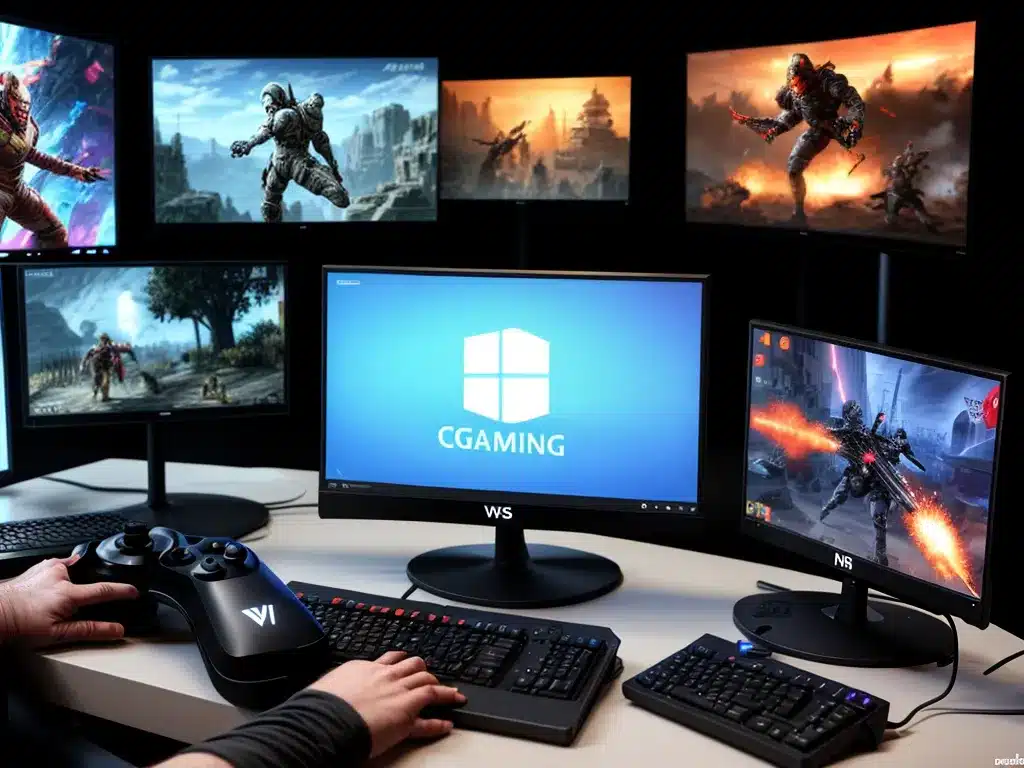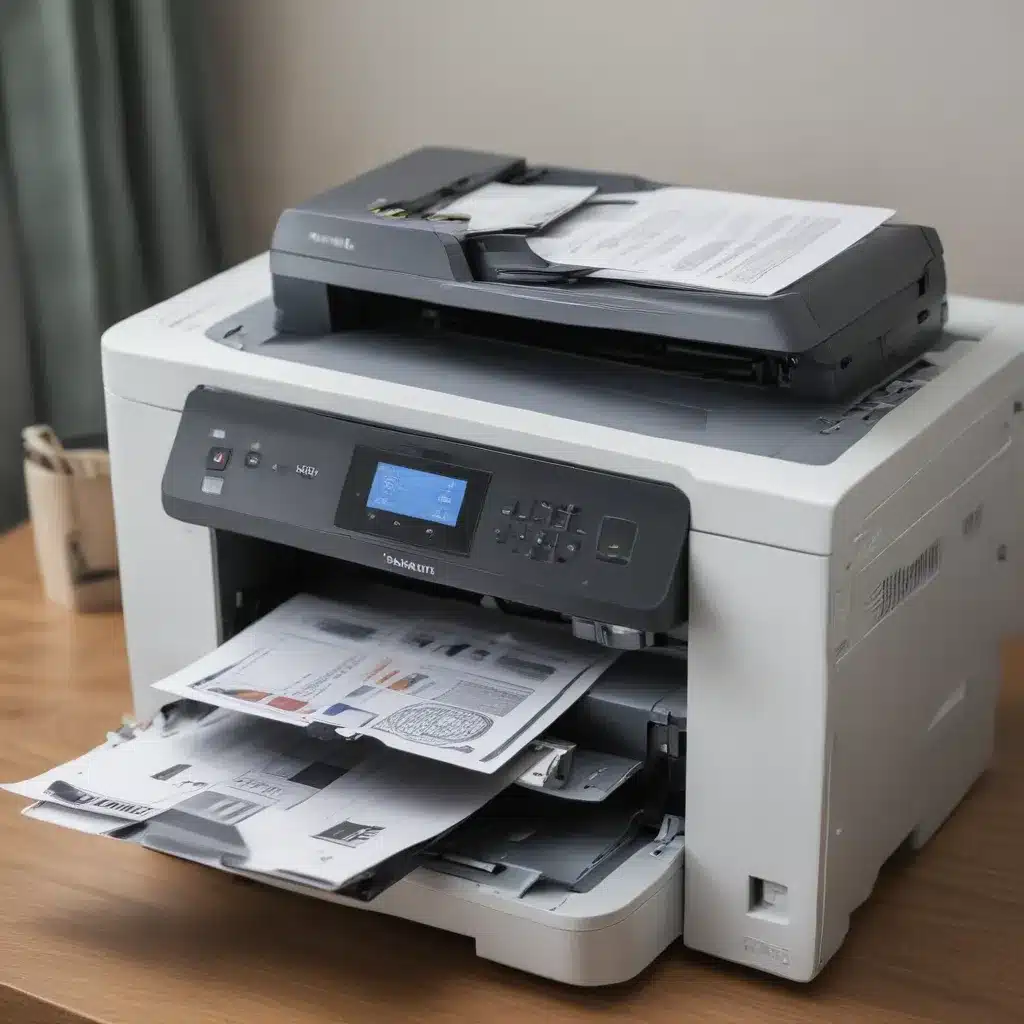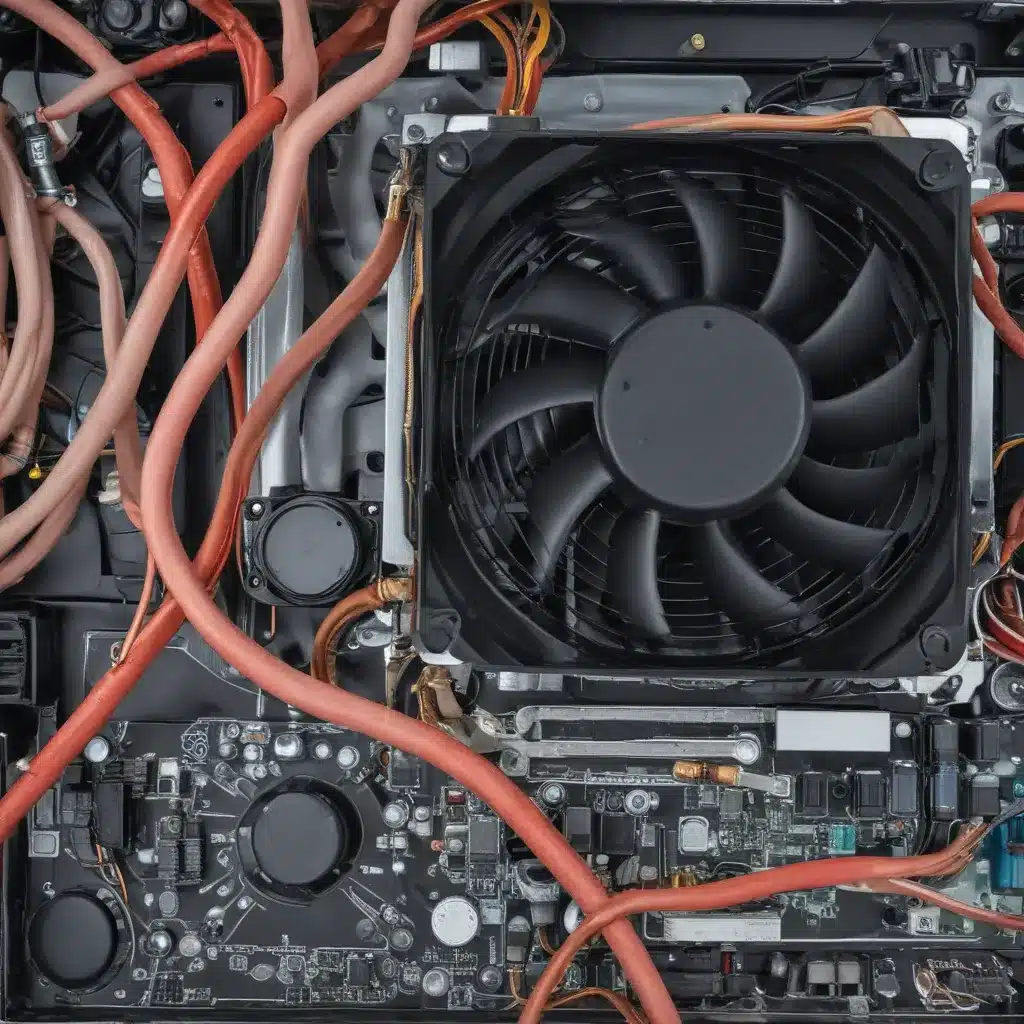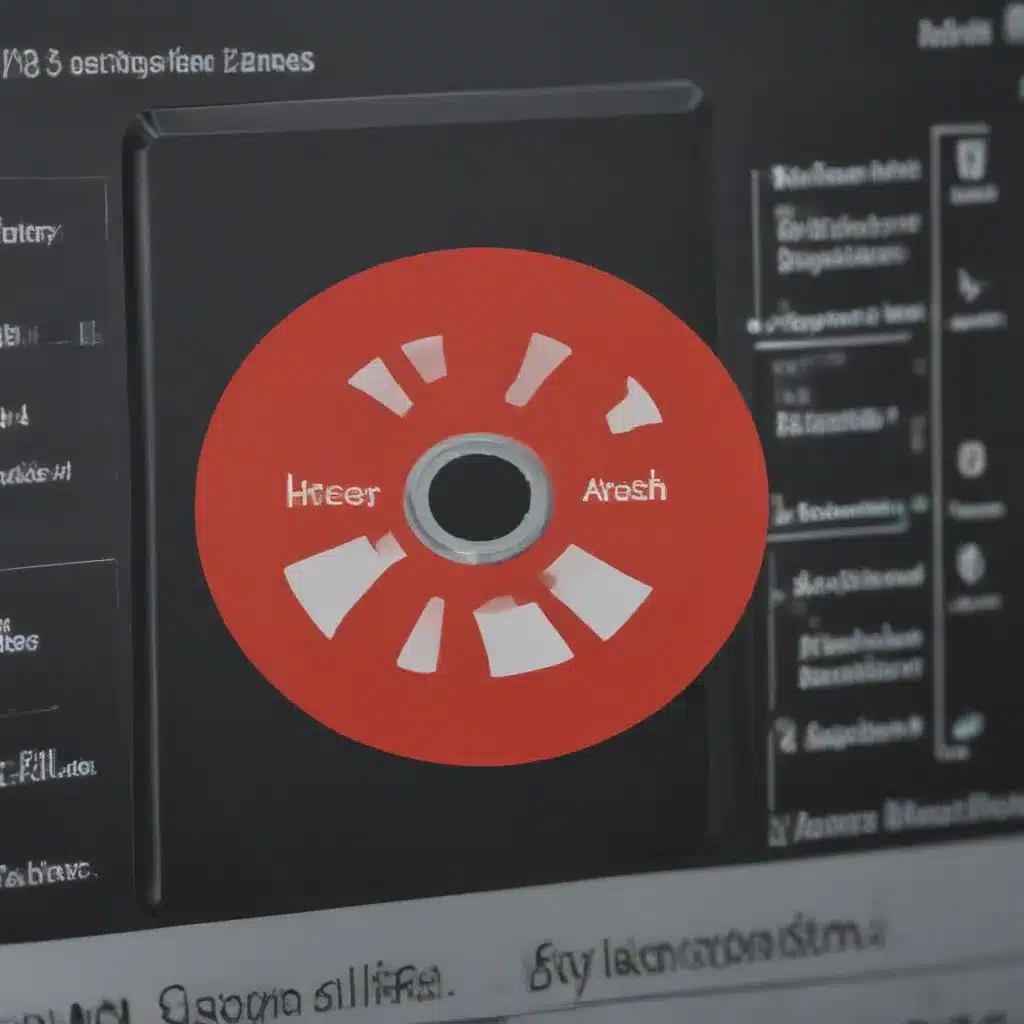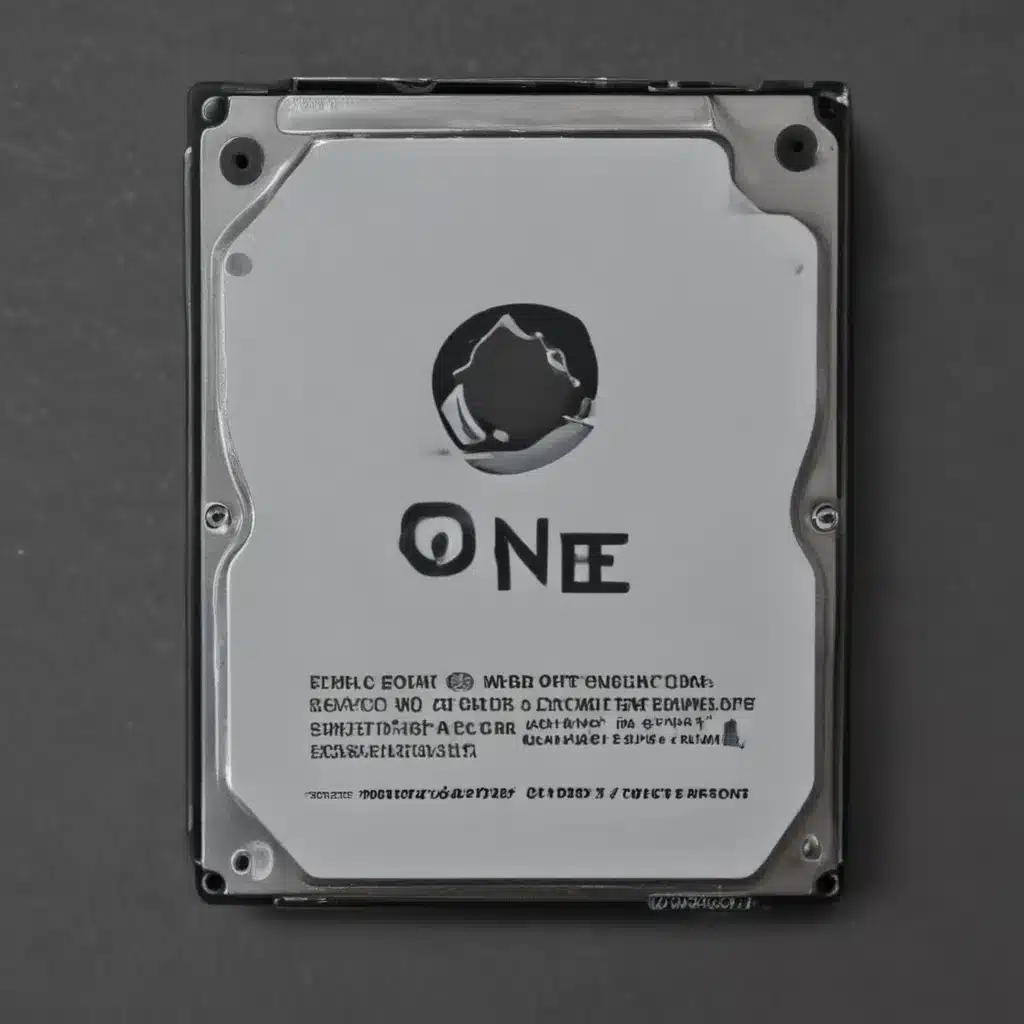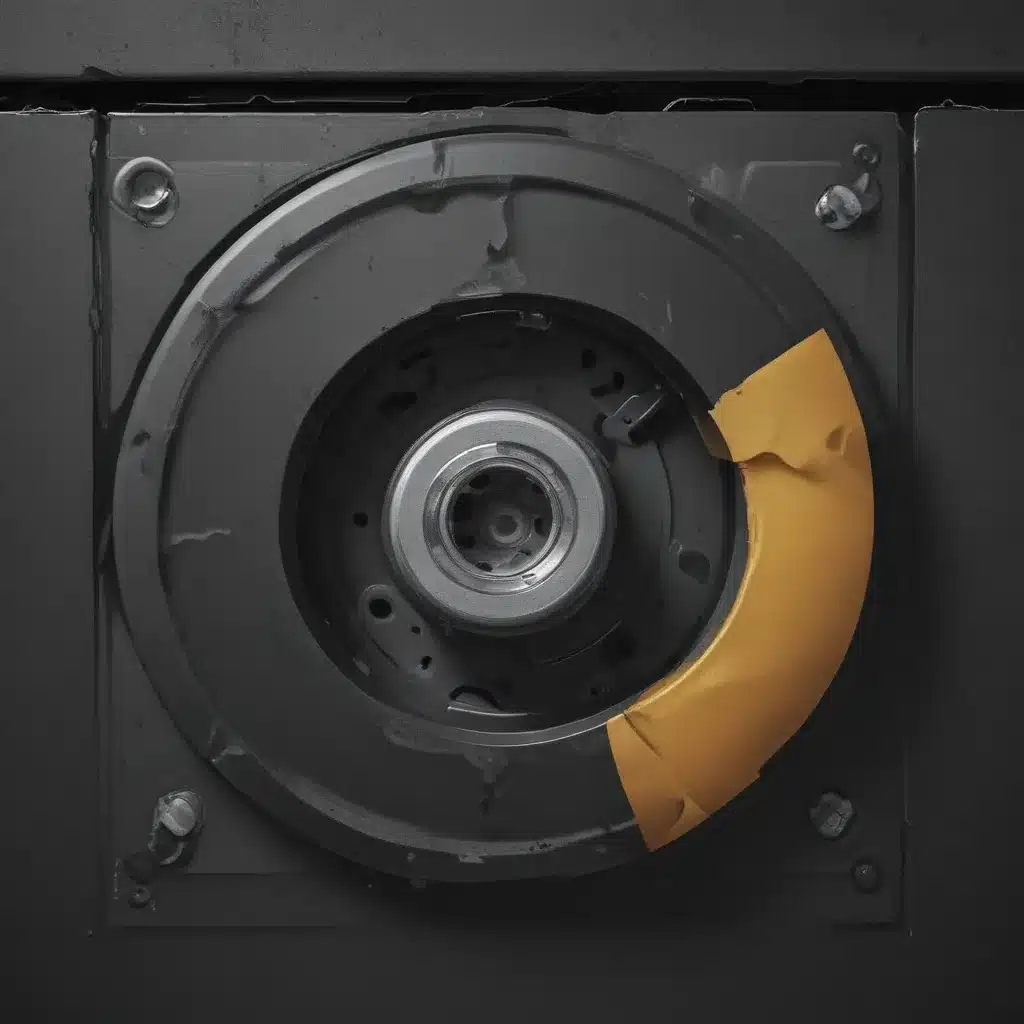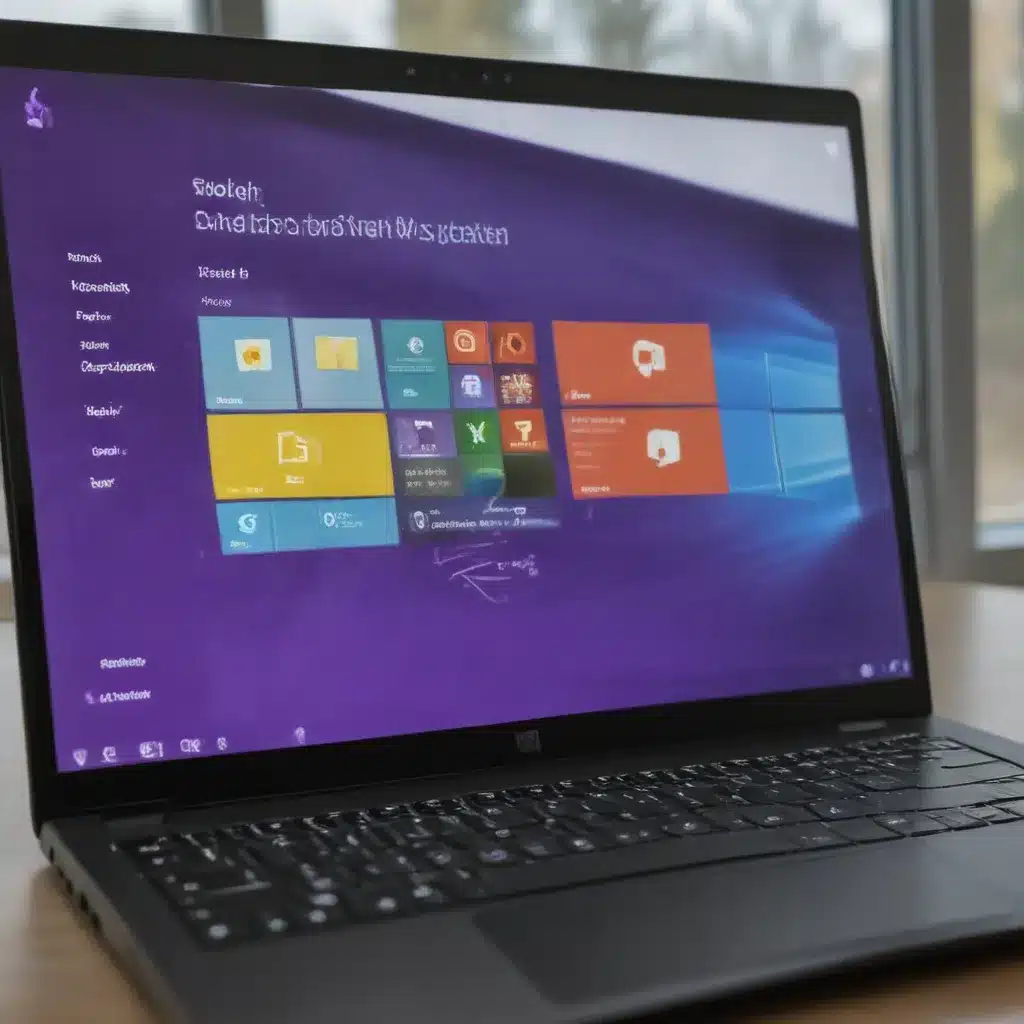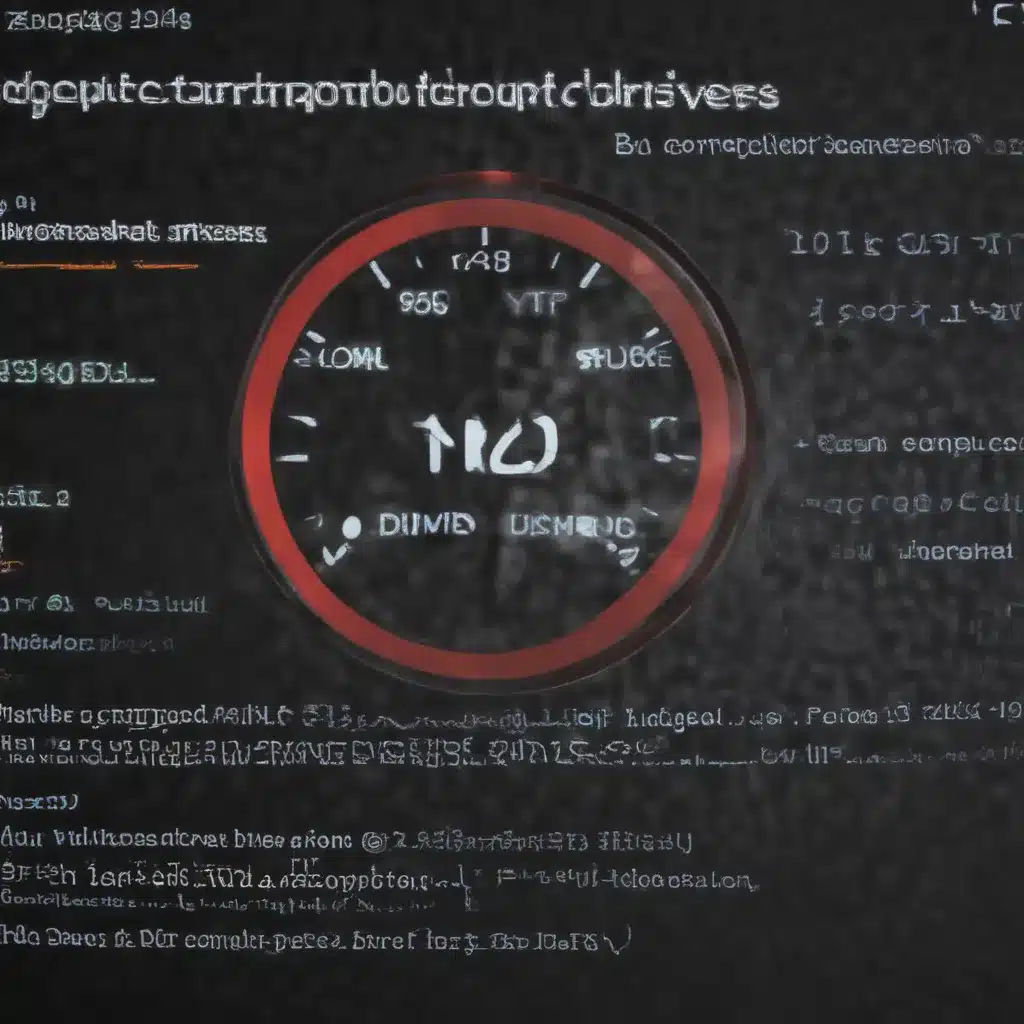Gaming on computers has come a long way in the last decade. With more powerful hardware and increased developer support, Linux has emerged as a viable alternative to Windows for PC gaming. As a long-time PC gamer, I decided to dive into the details and compare the gaming experience on Linux versus Windows in 2024.
Game Selection and Availability
In the past, the biggest limitation of gaming on Linux was game selection. Many AAA game studios simply didn’t support Linux. But thanks to Steam Play and Proton, the gap has narrowed significantly.
Today, thousands of Windows games run flawlessly on Linux through compatibility layers like Proton. Major engines like Unity and Unreal Engine also make it easier for developers to release Linux native versions. Still, Windows currently has about twice as many native games available compared to Linux.
Native Game Support
Many indie developers and a few AAA studios like Feral Interactive directly support Linux with native ports. Popular native Linux games include CS:GO, Dota 2, Civilization VI, Rocket League and more.
Valve’s own games like Left 4 Dead 2 and Portal 2 run natively on Linux. Going forward, Valve is building the Steam Deck console on Linux so their future titles will likely have native Linux versions too.
Windows Games via Proton
Thanks to Valve’s Proton compatibility layer, most Windows games can now run on Linux. According to ProtonDB, over 80% of the top 1000 Windows games on Steam now work flawlessly on Linux with no tinkering required.
The latest improvements in Proton 7.0 greatly enhance anti-cheat and DX12 support. So popular online titles like Apex Legends, Destiny 2 and Halo Infinite now run smoothly on Linux. Proton also enables support for Windows-only features like ray tracing and DLSS.
So while Windows still has a larger gaming library, the gap is not a huge factor for most gamers today thanks to Proton.
Performance
For years, gaming performance was considered better on Windows because most games were optimized for DirectX. But today with Vulkan gaining traction and Proton reducing overhead, gaming FPS is nearly identical between Windows and Linux.
In various benchmarks, there is at most a 5% difference in frame rates between the two OSes. Considering margin of error, gaming performance can be considered equivalent.
With a powerful GPU like an RTX 3080 or Radeon RX 6800 XT, you will hit the same high FPS ceiling on Linux and Windows. Performance depends much more on the hardware rather than software.
DX12 and ray tracing games still favor Windows slightly. As Vulkan usage increases, this small difference should disappear completely.
Graphics Drivers
Having up-to-date and stable graphics drivers is crucial for gaming. Both Nvidia and AMD provide proprietary graphics drivers for Linux.
The open-source Nouveau drivers for Nvidia GPUs are not suitable for high performance gaming. You need the official Nvidia drivers for best results.
Nvidia Drivers
The proprietary Nvidia drivers on Linux offer excellent performance and day-1 support for new GPUs. With the 470.xx and newer drivers, Nvidia supports G-Sync and DLSS on Linux as well.
Installing the drivers on popular distros like Ubuntu or Pop OS! is also straightforward thanks to Nvidia driver packages in the AUR.
AMD Drivers
The open-source AMDGPU-PRO drivers have matured significantly over the years. Gaming performance and stability is excellent with both newer Navi and older GCN GPUs.
AMD also provides official proprietary Radeon Software drivers for Linux. But the open-source drivers are sufficient for most gamers. AMD GPUs work great out of the box on Linux.
Game Controls and Peripherals Support
For controlling games, Linux offers full support for keyboards, mice, controllers, joysticks, wheels and other gaming peripherals.
Popular brands like Logitech, Razer and Thrustmaster work seamlessly on Linux. You can customize buttons, macros and RGB lighting effects through GUI apps like Piper.
Thanks to SDL2 and other libraries, most peripherals will behave the same way in games on Linux and Windows. Controller support is robust these days for both native and Proton games.
Competitive Gaming
Linux used to struggle with anti-cheat systems like Easy Anti-Cheat (EAC) and BattlEye. But compatibility layers like Wine and Proton have improved so much that popular competitive games now work online.
Through a collaboration with Epic, EAC now natively supports Linux and Proton. So you can play Fortnite, Apex Legends and many other EAC games online.
BattlEye also added preview support recently. Although not officially supported yet, BattlEye games like PUBG and Destiny 2 generally work online via Proton.
Of course, Valve Anti-Cheat (VAC) works perfectly with Steam games on Linux. So CS:GO, Dota 2 and hundreds of other VAC-secured games offer a level playing field on both Windows and Linux.
Customization and Tweaking
One major advantage of Linux over Windows is customizability. Desktop environments like GNOME, KDE Plasma and Xfce allow extensive UI theming options.
You can also tweak the OS and gaming performance by:
- Optimizing schedulers and CPUs with Feral GameMode
- Prioritizing gaming processes and networking
- Overclocking your GPU easily with third-party tools
- Using a real-time kernel for reduced input lag
So beyond what you can configure in games, there are lots of system-level optimizations possible on Linux.
Stability and Security
Linux is generally more stable than Windows for a few key reasons:
- No forced updates reboots interrupting gaming sessions
- Open source code is vetted for bugs and security flaws
- Package managers ensure system files stay intact during updates
- Multi-user systems provides isolation and control over configurations
With Windows, features updates, driver conflicts and malware threats are annoying realities. Linux offers a smoother and more stable gaming platform.
Of course, knowledgeable Windows users can also tweak settings to enhance stability. But Linux takes care of this by design.
Game Prices and Sales
In the past, it was difficult to find good sales on Linux native games. But thanks to Steam Play opening up the entire Steam library, Linux gamers can now take advantage of the same seasonal sales.
During big Steam sales, you can build a formidable library of AAA games at huge discounts even if they don’t have a native Linux version. Services like Humble Bundle also frequently include cross-platform games.
The competition between Epic Games Store and Steam is also good news for deal hunting gamers. Epic offers weekly free games and additional coupons for many titles.
Ease of Use
For new gamers, Windows is likely easier to get started on. Gaming hardware and software ecosystems revolve around Windows. You get everything pre-installed and ready to play.
On Linux, installing games, drivers and tools involves some learning. Package managers on distributions like Ubuntu and openSUSE do make installation easier nowadays. But Windows works out of the box for casual gaming.
However, for enthusiasts willing to learn, Linux offers more control and customizability for a tailored gaming experience. Once you get set up, the actual gaming process is seamless.
Conclusion
While Windows still has the larger gaming ecosystem, the experience gap compared to Linux has narrowed significantly thanks to advances like Proton.
For a majority of gamers today, Linux distros like Ubuntu or Arch Linux can completely replace Windows without compromises. Performance, game compatibility, drivers and peripherals support are all excellent.
And Linux offers more stability, security and customization options for power users. While Windows remains beginner-friendly, Linux is strongly viable for serious PC gaming in 2024. The choice between the two depends largely on your specific needs and preferences.

